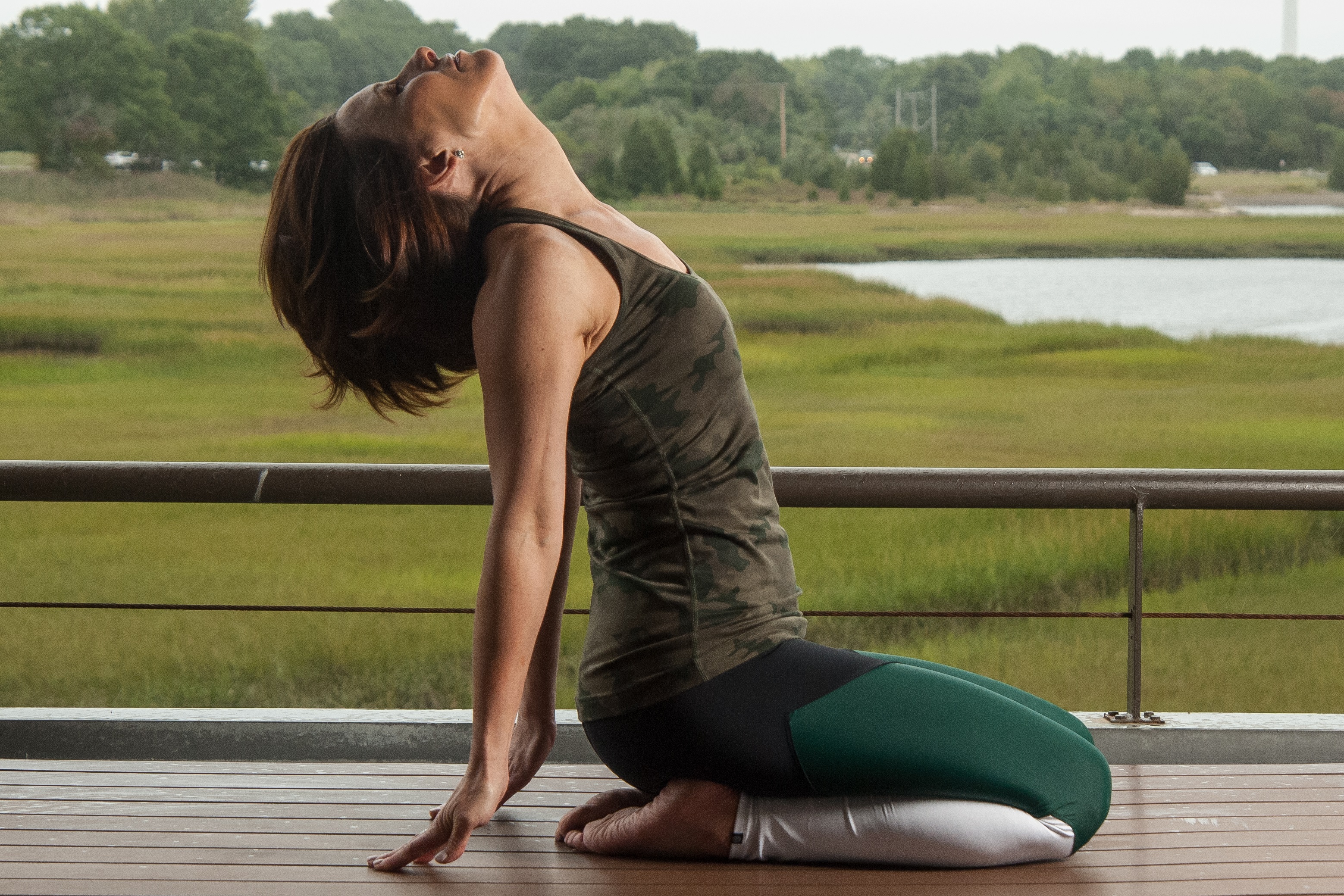In the past weeks, I allowed myself often to feel warm comfort pondering the concept of “acceptance.” These days, work from home, even work for a beauty brand, comes with some forgiveness of the daily beauty routines. Before Covid-19, like most women, I used to discipline my hair every day. A bad hair day would spill fast into all the areas area of life and work.
Hair Is A Deep, Intimate, And Profound Part Of Our Identity.
Hair sends signals about our health, personality, age, and race, and I started to understand this at a much deeper level in the past few years when I spoke with many women and men who shared the meaning of their hair loss with me. Our work at Mereltä is as much about science as it is about the emotions hair loss triggers.
One man in his mid-70s told me that he purchased our scalp treatment, Mereltä, to regenerate his hair so that when he died, he could be buried with all his hair on his head. A poignant statement about identity, shared with a somewhat sheepish smile, almost like a joke, but not quite so, as I could tell by the surprisingly emotional intensity he radiated.
“This is who I am. I want to look like myself when I die,” he added.
At this unique time in the world, a lot of issues are essence-deep, and not quite visible. This is also true about hair issues—they are partly hidden and rooted into the scalp.
On Scalp or What is Hidden Within
While other countries long ago developed elaborate scalp care routines and treatments resulting in healthier hair, here in the US, we are still catching up on scalp care, and on the way it affects hair growth.
Hair health requires scalp health first. The scalp is skin, too.
Yet we don’t talk about the scalp as we do about the skin on the rest of the body. Think of the attention we pay the face, neck, or hands. We know that the state of our skin’s health speaks volumes about our age. The scalp is affected by oxidative stress, just as the skin on the face, stress which can damage the hair inside the follicle before its emergence from the scalp, causing hair shedding, hair loss, and premature baldness.
I wonder if we are reluctant to focus on the scalp’s health because the scalp becomes visible mostly at times of illness, and grief, such as during chemotherapy.
One of our consumers who recently overcame cancer, shared with us that it was the moment when she started growing her hair back, that it became obvious to herself, her family and friends that she was regaining her health and vitality.

Finding Beauty In Imperfection
The Japanese expression wabi-sabi, has a complex, centuries-old meaning that can be loosely defined as finding beauty in imperfection, in something we would otherwise find “ugly” or rough, and in impermanence– in that which exists in the moment, and will not last forever.
In the past few months, listening to many consumers whose lives were altered by Covid-19, I learned to appreciate wabi-sabi as a way of life, as the choice to accept joy during adversity, imperfection and loss.
At this moment, the world is visibly and painfully imperfect, and nothing can be resolved with a quick or even an elaborate makeover. No matter what we do, we can’t make life better instantly.
It’s the same with the hair.
All those who start on their hair healing journey and are serious about results, know that hair takes a while to regenerate, that they need patience, resilience, a ritual (daily) and the ability to celebrate small wins– even as everything round us is still imperfect.
So wherever we are on our beauty or health journey, we can start by accepting ourselves, exactly where we are, and by caring for ourselves– lovingly.
If you wish to learn more about how we can help you regenerate your hair, please take our Hair Quiz.


